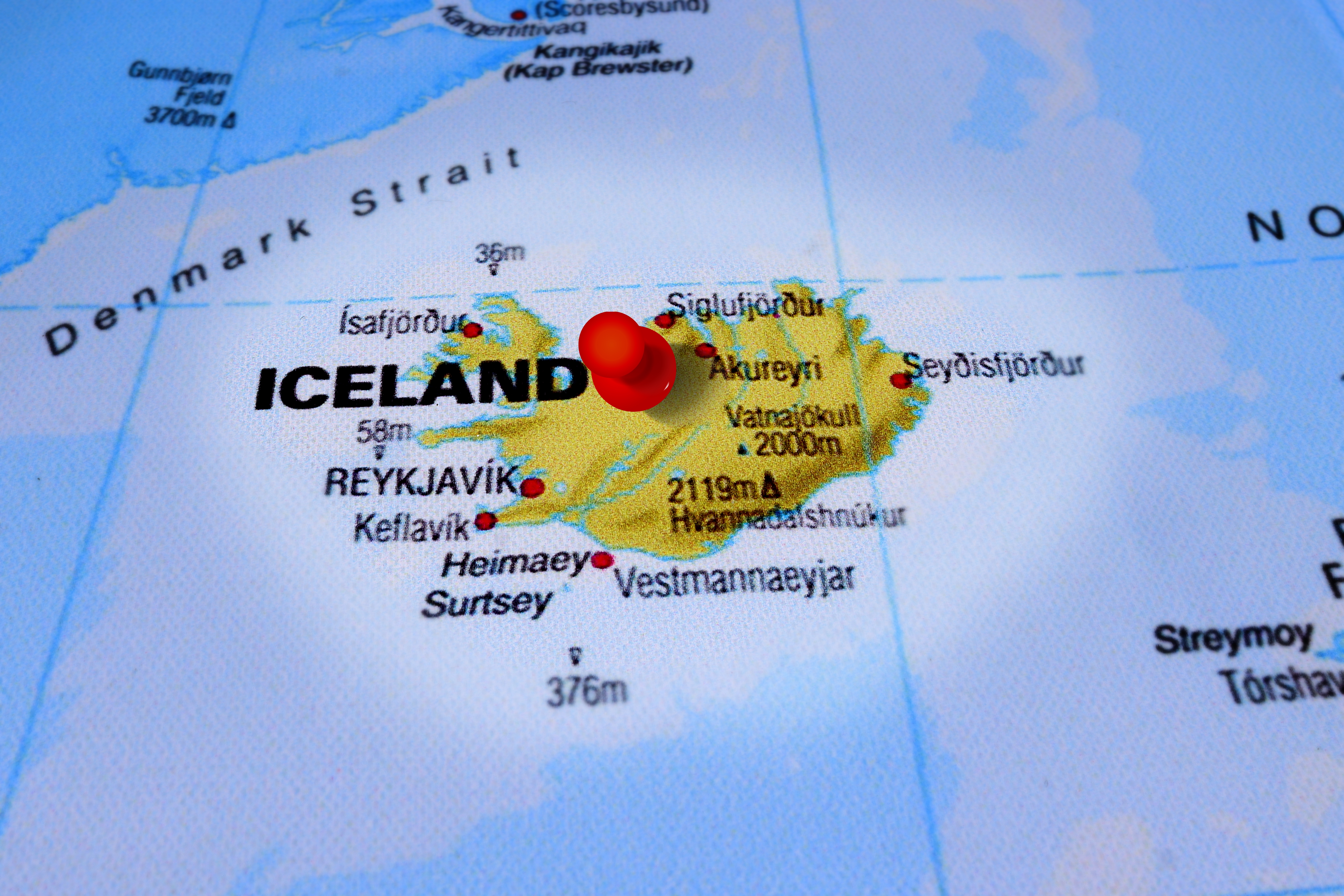Danish pension fund AkademikerPension has announced that it is relaxing the rules for investments in the defence industry, with plans to lift exclusions on six major European arms manufacturers as a result.
AkademikerPension's board of directors said it had decided to change the pension fund's accountability policy and stance on weapons in order to support European democracies.
AkademikerPension CEO, Jens Munch Holst, explained: "The security situation is currently worse than ever in recent times.
"Russia continues its brutal war against Ukraine. And we see an increasingly clear picture of an imperialist Russia that clearly does not respect recognised borders and the right of other peoples to self-determination.
"And at the same time, we can see that Europe, despite many talks with the American government, is very isolated when it comes to Ukraine, European security policy, the maintenance of democracy and relations with Russia. It is sad, and it calls for a new course in terms of investments in Europe's defence."
In particular, the policy will be changed so that European weapons manufacturers will no longer be excluded due to links to nuclear weapons.
As part of the change in the rules, the company has lifted its exclusion of six of the large listed European weapons manufacturers, which are now permitted to invest in despite the fact that a small part of their turnover comes from activities related to the European nuclear weapons programs.
These six companies, which have a total market value of NOK 2.6trn, are: Airbus, Babcock International, Dassault Aviation, Leonardo, Saffron, Thales.
In addition, three other, smaller companies will be removed from the exclusion list (Serco Group, Groupe Reel and Ultra Electronics).
"Europe is facing the largest military buildup in recent times. Therefore, we believe that it is the most responsible thing to do – both in terms of return and social responsibility in the current situation," Munch Holst said.
However, Munch Holst emphasised that the provider is not doing this to invest in nuclear weapons, explaining that "conversely, we do not want a small turnover from nuclear weapons-related activities to prevent us from supporting the capital construction of a European defence".
The group also confirmed that weapons manufacturers associated with controversial weapons or gross violations of human rights will continue to be on the exclusion list.
In addition to this, AkademikerPension will continue to exclude all weapons manufacturers associated with non-European nuclear weapons programs, including the American one.
This means that it will still exclude a large number of weapons manufacturers (46 in total) worldwide for production and/or connection with controversial weapons and connection with human rights violations.
It will also continue to exclude several European countries, including RheinMetall, BAE Systems and Rolls-Royce, as well as a large number of large American companies.
According to the group, this means that it will continue to be underweight in the global defence and arms industry.
"In the short term, this results in a smaller purchase of defence stocks, while in the longer term it gives us opportunities to navigate the significant growth that we see for the European defence industry," Munch Holst explained.
Latest News
-
Spanish pension plan assets rise by €916m in January
-
Black Arrow Group pension scheme completes £7m buy-in with PIC
-
Dutch pension funds report improved January funding positions
-
Finland’s Ilmarinen makes work ability management key part of sustainability work
-
UK's IBM pension scheme completes £700m buy-in with Standard Life
-
Sweden’s AP2 reports SEK 20.9bn profit amid AP6 merger
Podcast: Stepping up to the challenge

In the latest European Pensions podcast, Natalie Tuck talks to PensionsEurope chair, Jerry Moriarty, about his new role and the European pension policy agenda
Podcast: The benefits of private equity in pension fund portfolios

The outbreak of the Covid-19 pandemic, in which stock markets have seen increased volatility, combined with global low interest rates has led to alternative asset classes rising in popularity. Private equity is one of the top runners in this category, and for good reason.
In this podcast, Munich Private Equity Partners Managing Director, Christopher Bär, chats to European Pensions Editor, Natalie Tuck, about the benefits private equity investments can bring to pension fund portfolios and the best approach to take.
In this podcast, Munich Private Equity Partners Managing Director, Christopher Bär, chats to European Pensions Editor, Natalie Tuck, about the benefits private equity investments can bring to pension fund portfolios and the best approach to take.
Mitigating risk
BNP Paribas Asset Management’s head of pension solutions, Julien Halfon, discusses equity hedging with Laura Blows
© 2019 Perspective Publishing Privacy & Cookies







Recent Stories